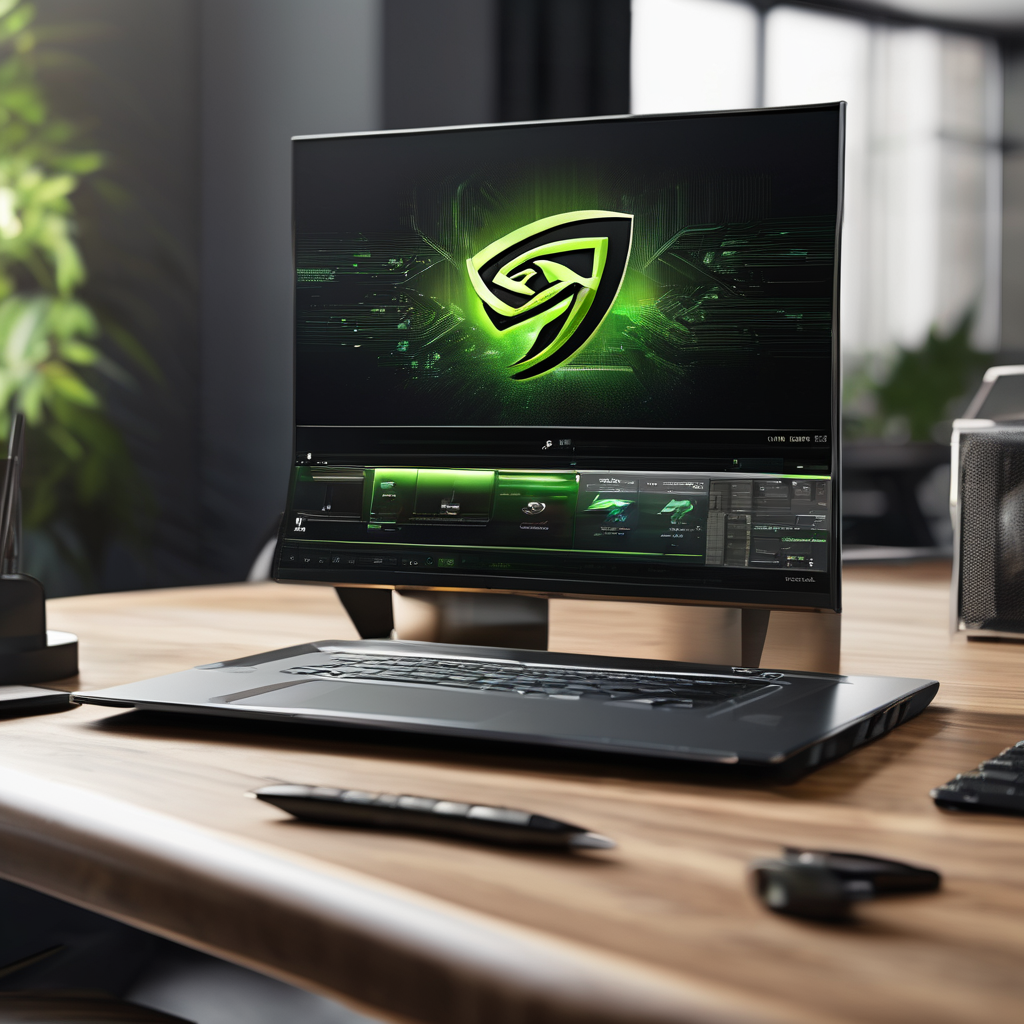Nvidia is strategically positioning itself as a dominant player in the artificial intelligence (AI) landscape, focusing on building relationships with startups and fostering AI innovation. Analyst Stacy Rasgon of Bernstein notes that Nvidia aims to have its technology entrenched in the industry, making it difficult for competitors to displace them as AI capabilities expand. Jensen Huang, the company’s CEO, emphasizes the importance of nurturing the AI ecosystem, insisting that widespread adoption of AI in various sectors will be crucial for ongoing growth.
As the leader in AI infrastructure investment, Nvidia has aggressively backed 59 AI startups this year alone, already surpassing its total investments from the previous year. This dramatic increase includes a notable commitment of $100 billion to OpenAI, a venture that stands to be the largest startup investment to date. Huang highlighted several companies Nvidia has invested in during the recent GTC conference in Washington, showcasing its commitment to fostering innovation.
Nvidia’s investments span a diverse array of AI firms, including Reflection AI and Reka AI, which are pushing boundaries in autonomous coding and video analysis, respectively. These affiliations provide startups not only with critical funding but also invaluable access to Nvidia’s advanced computing resources. This support can expedite product development and elevate the startups’ visibility in the marketplace. For instance, Reka’s CEO Dani Yogatama expressed how Nvidia’s engineering expertise has been instrumental in helping them scale their technology.
Nvidia’s financial strength significantly bolsters its venture strategy, with analysts predicting that the company will amass substantial cash reserves. This positions Nvidia favorably in the market, allowing it to invest in a broad range of AI ventures while mitigating risks associated with regulatory scrutiny in larger deals. Currently, a significant portion of Nvidia’s revenue is derived from a select few clients, such as Microsoft and OpenAI. In light of this, expanding their customer base through startup investments could help diversify revenue streams and reduce dependence on a limited number of major tech companies.
Despite some analysts’ concerns regarding the sustainability of the AI surge, Huang remains optimistic about the future, asserting that Nvidia’s investments are set to yield positive returns as the industry grows. His forward-looking stance reflects a belief in the enduring potential of AI amidst evolving technological landscapes.
Nvidia’s supportive role in the AI startup ecosystem illustrates a commitment not only to its own growth but to the broader advancement of AI technology. As it continues to innovate and invest, the company is poised to shape the future of the AI industry significantly.
